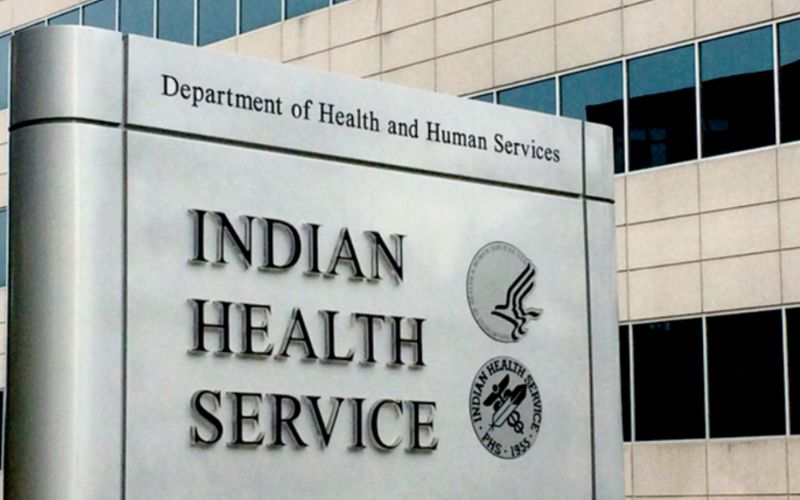
- Details
- By Elyse Wild
The president’s budget request, announced in May, included zero advanced appropriations for the IHS. The newly passed bill follows a June Committee hearing during which lawmakers from both sides of the aisle pledged to restore advanced appropriations for the federal agency.
The Committee’s total funding for IHS is about $500 million more than the president’s budget request of $8.1 billion. Both figures fall short of the $63 billion request made by the National Tribal Budget Formulation Workgroup in 2024.
IHS is tasked with providing health care for 3.6 million Native Americans. The agency has long suffered from lackluster funding, driving high staff vacancy rates, resulting in what many in Indian Country say is inadequate care.
Urban Indian Care
The bill authorizes a notable increase for Urban Indian Health — $105.99 million, or $15 million more than the FY 2025 enacted amount. Seventy percent of Native peoples in the United States live in urban centers.
Other funding allocations include:
- Purchased and Referred Care: $1.05 billion for emergency, hospital, and specialty care services, with particular attention to PRC-dependent areas, including California
- Dental Health: $287 million, including $8 million to expand Dental Support Centers to all 12 service areas and $6.5 million for electronic dental records
- Alcohol and Substance Abuse: $286 million for treatment programs
- Infrastructure and Equipment:Health Care Facilities Construction: $188.7 million, including $14 million specifically for staff housing to help recruit and retain healthcare professionals
- Sanitation Facilities Construction: $131 million
- Emergency Generators: $8 million for backup power systems across IHS facilities, tribal health programs, and urban Indian organizations
- Contract Support Costs: $1.819 billion (indefinite appropriation)
- Tribal Leases: $366 million (indefinite appropriation)
- Indian Health Professions: $95.3 million for scholarships, loan repayment, and professional training programs
- Produce Prescription Pilot: $7 million to increase access to fresh produce and traditional foods.
- Alzheimer’s Disease Programs: $6 million for culturally appropriate dementia care
- Maternal Health: $3 million for improving maternal health outcomes
- Missing and Murdered Indigenous Women Initiative: $31 million for criminal investigators and evidence recovery equipment
More Stories Like This
Chumash Tribe’s Project Pink Raises $10,083 for Goleta Valley Cottage Hospital Breast Imaging CenterMy Favorite Stories of 2025
The blueprint for Indigenous Food Sovereignty is Served at Owamni
Seven Deaths in Indian Country Jails as Inmate Population Rises and Staffing Drops
Sen. Luján Convenes Experts to Develop Roadmap for Native Maternal Health Solutions


